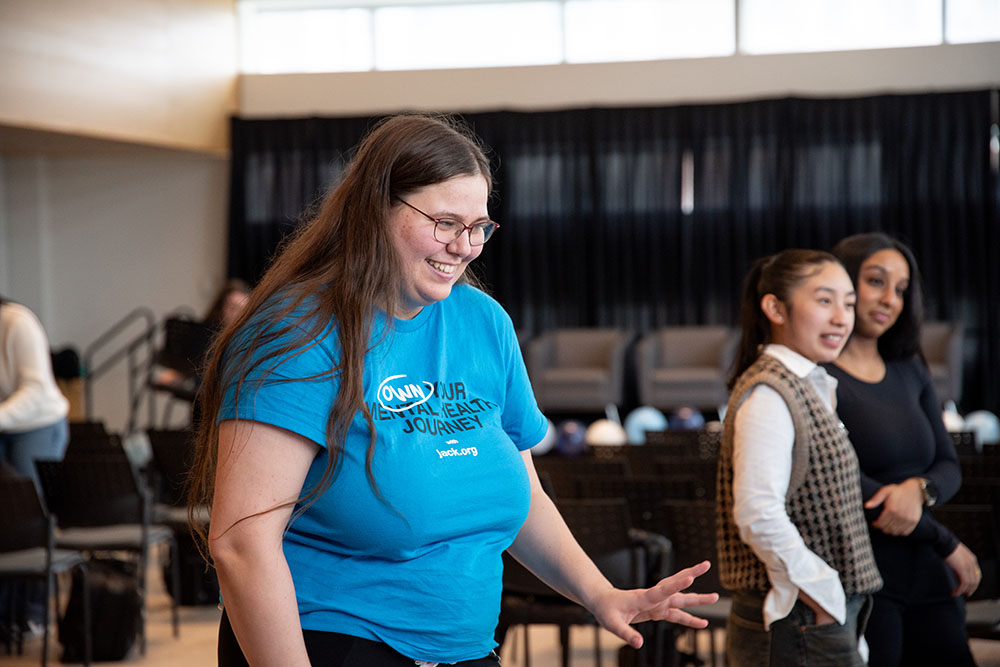Filter by





We are not a service provider. These resources have been vetted by our professional programs team. Many of them are developed in conjunction with young leaders from the Jack.org network. Questions? Email hello@jack.org.
Raise awareness and donations in your community to help educate, equip, and empower young people, their parents, and their support network with the mental health knowledge they need to thrive. Our toolkit makes everything from invitations and marketing to day-of-set-up easy.

You Make a Difference
A Jack.org fundraising event is a great way to unite your community around a shared cause and spark meaningful conversations about mental health.
We encourage you to fundraise your way—get creative! If you can dream it, you can do it. Pick an activity like running or walking to work daily, a dance-a-thon, or comedy night. The options are limitless!
Our tool kit will share best practices for invitations and more to make the event super easy to do.
How your donations are used
Check out more examples of what your donation funds DIRECTLY for our youth services.
See what's going on across Canada
Fundraising Steps
The Jack.org team is here to support you every step of the way, from getting your fundraiser off the ground to helping make it a great success.





Choose your style

Create a team fundraising page for you and your friends, family or colleagues to raise funds together! There's power in numbers, round up your team to support Jack.org and youth mental health together!
Fundraising Ideas
What are ways I can fundraise?
Athletics
Get creative by moving your way. Complete an individual activity like a distance run and collect donations or organize a spin class and invite participants to contribute what they can.

Fun & Games
Host a virtual or in-person game night and incorporate an admission fee as participants’ way of donating.

Special Occasions/Events
Host an event or in lieu of gifts for a special occasion or milestone, you can ask your friends and family to donate to your fundraiser.

Corporate Giving
Encourage and challenge your colleagues to get involved in your fundraising initiative, or ask your employer to match your total raised to double your impact. Companies can also support Jack.org through a cause marketing campaign.

Celebrate your birthday
Give back to your community in honour of your birthday. Ask friends and family to donate to your campaign in lieu of presents.

Customize Your EVENT page

Your page is a place to share your fundraiser, ask for support, and show your progress. Use it to explain why youth mental health matters to you and how your community can help.
Your page comes with a basic template that you can fill out, but we encourage you to make it your own!
What do you hope to achieve? Why is this cause important to you? Let your supporters know!
Testimonials
Hear from our participants in past events

To mark Brain Health Month and the International Day of Happiness, we teamed up with Jack.org to host Giggles for Good—a comedy night supporting youth mental health.
What started as a class project turned into something much more meaningful. With Jack.org’s mission driving us, we raised over $2,400 and brought people together for a night of laughs and community.
Revisit a fundraising event
Filter by





We are not a service provider. These resources have been vetted by our professional programs team. Many of them are developed in conjunction with young leaders from the Jack.org network. Questions? Email hello@jack.org.